
Bols Group
The field of the Bols group in terms of methodology is synthetic organic chemistry directed at understanding the chemistry of bio-molecules and manipulating them into drugs or chemical machines. Below are some more details about the research areas you may work in if you join our group. Feel free to contact us at bols@chem.ku.dk to hear more about the specific projects presently available.
Green house gas capture
Methane (CH4), a greenhouse gas that is estimated 86 times more potent than carbon dioxide (CO2), is released on a large scale by many industrial and agricultural processes. Capturing this environmentally damaging waste product and storing and/or converting into liquid fuels or other value-added products is an attractive solution that combats the issue of atmospheric methane pollution and provides an environmentally sustainable alternative to mining fossil fuels. We have found that cyclodextrins can bind methane (Figure 1) and have a research program directed at maximizing this property so that it can become applicable for a CH4 capture technology.
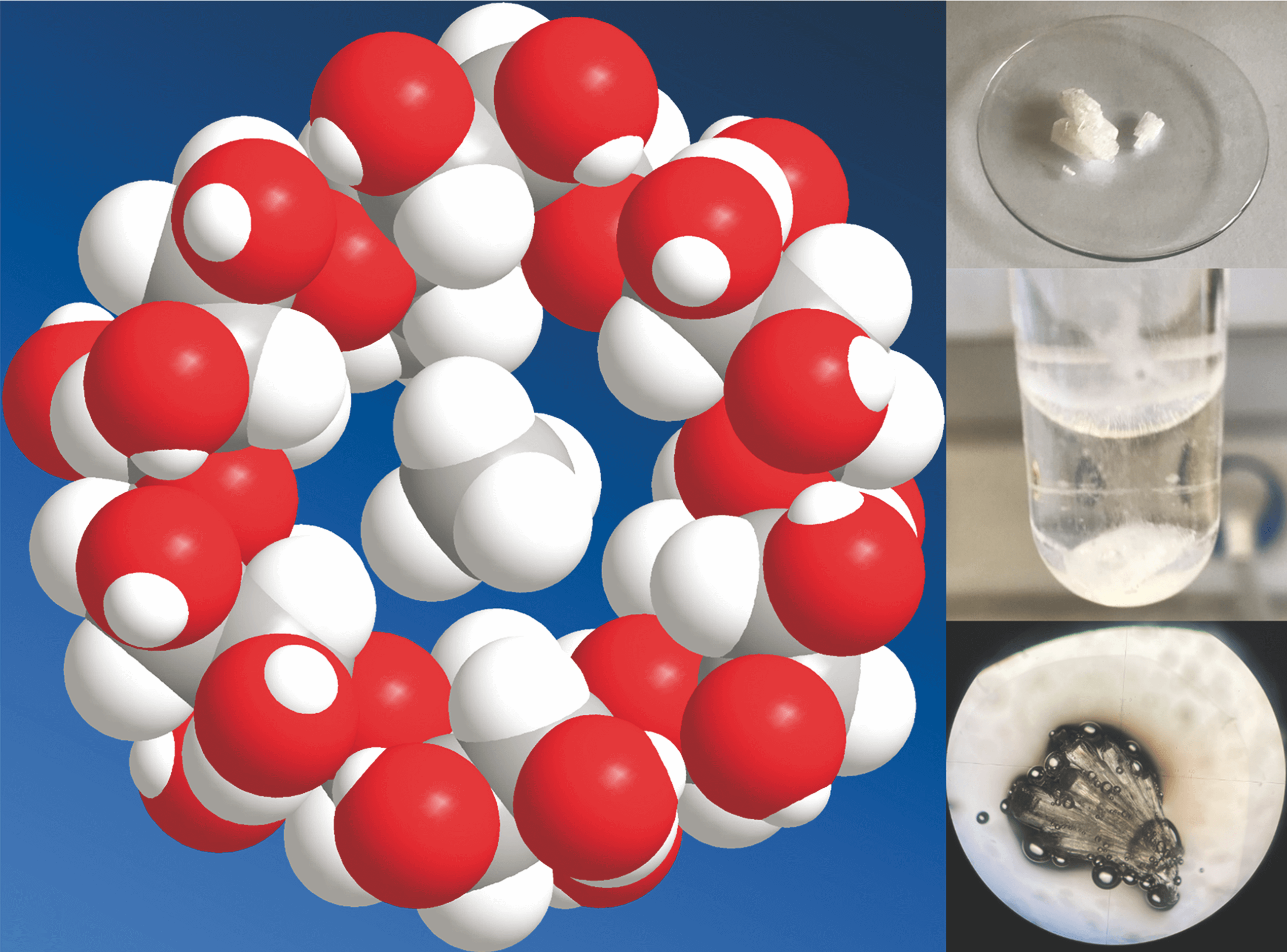
Figure 1: Methane binds to a-cyclodextrin forming a complex (left) that crystallizes out (top right). When the crystals are dissolved in water CH4 is released (middle and bottom right). The picture is from our recent inner cover on New J. Chem.
CH-activation with artificial enzymes
A holy grail in sustainable chemistry research is to find a catalyst that can convert methane to methanol. We are working on making artificial enzymes that can do oxidation2 and CH-activation and convert methane to methanol.
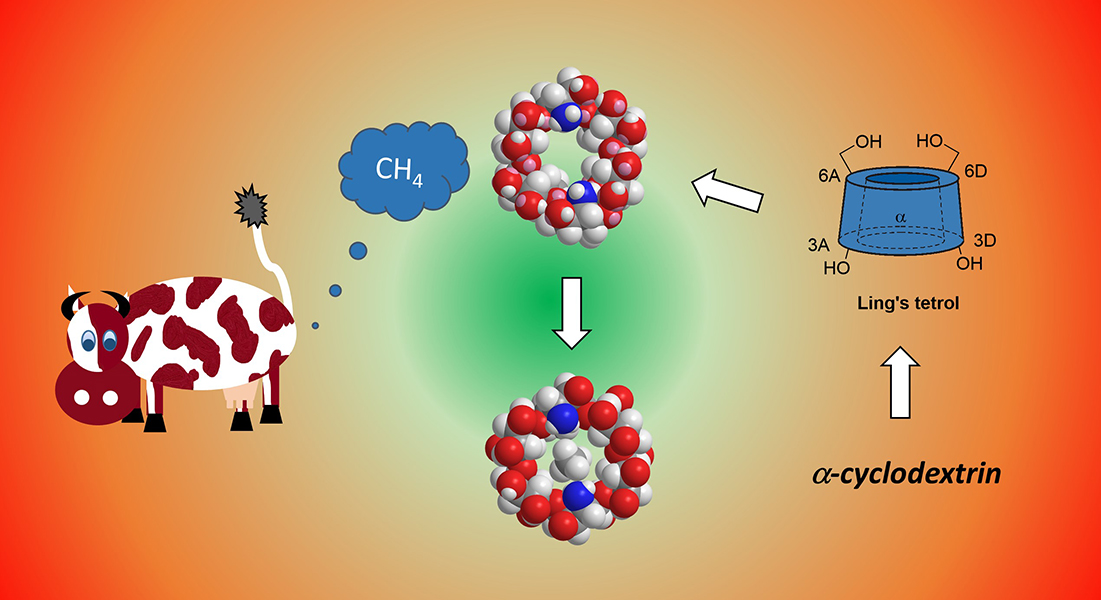 Figure 2: Methane is emitted from livestock. New modified cyclodextrin derivatives made via an efficient synthesis of Lings tetrol display improved methane binding. The picture is from our front cover on Org. Biomol. Chem.
Figure 2: Methane is emitted from livestock. New modified cyclodextrin derivatives made via an efficient synthesis of Lings tetrol display improved methane binding. The picture is from our front cover on Org. Biomol. Chem.
New synthetic methodologies for manipulation of cyclodextrins
Cyclodextrins are pivotal in our artificial enzyme and gas capture projects, where cyclodextrin modification is required. However cyclodextrin modification is difficult and new and improved methods are required. In this project we attempt to develop new high yielding methodologies for cyclodextrin modification (Figure 2).
Protonation state of cocaine in action
The (in)fameous drug Cocaine is an amine - yet little is known about the role and importance of this base when Cocaine is bound to its target. Knowledge about this interaction will give important insight that can be used to make drugs versus cocaine abuse. In this project we use a chemical biology methodology developed in our group to investigate the protonation state of cocaine analogues when bound to the target protein.
Organic synthesis
Our main scientific tool is synthesis. We prepare new or known molecules in the laboratory using state of the art analytical tools (NMR, MS etc) to identify products.
 |
 |
Enzyme Inhibition and Kinetics
Many of our projects involves studying natural or artificial enzymes. We study the catalysis by following enzyme reactions using colorimetry with a plate reader.
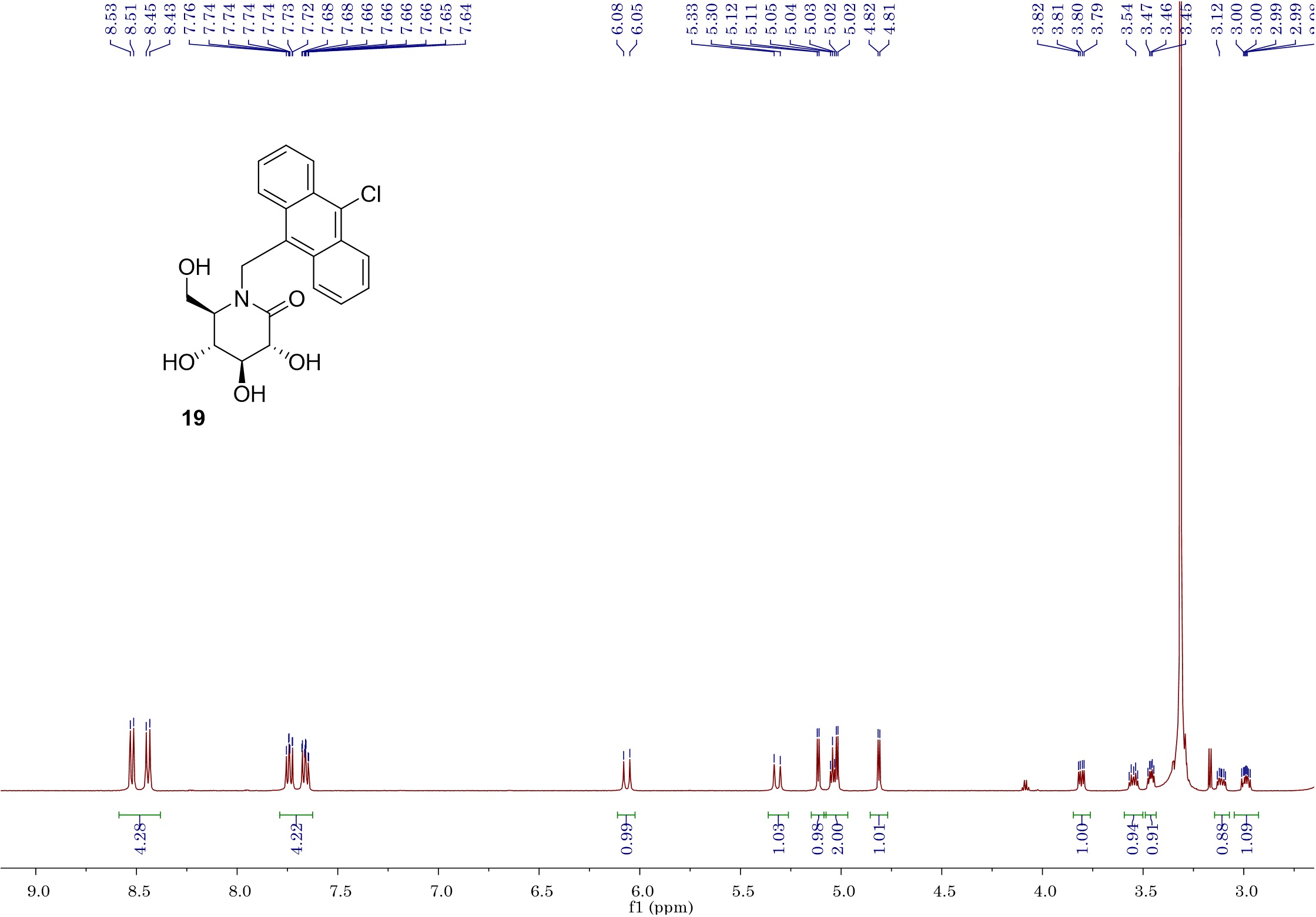 |
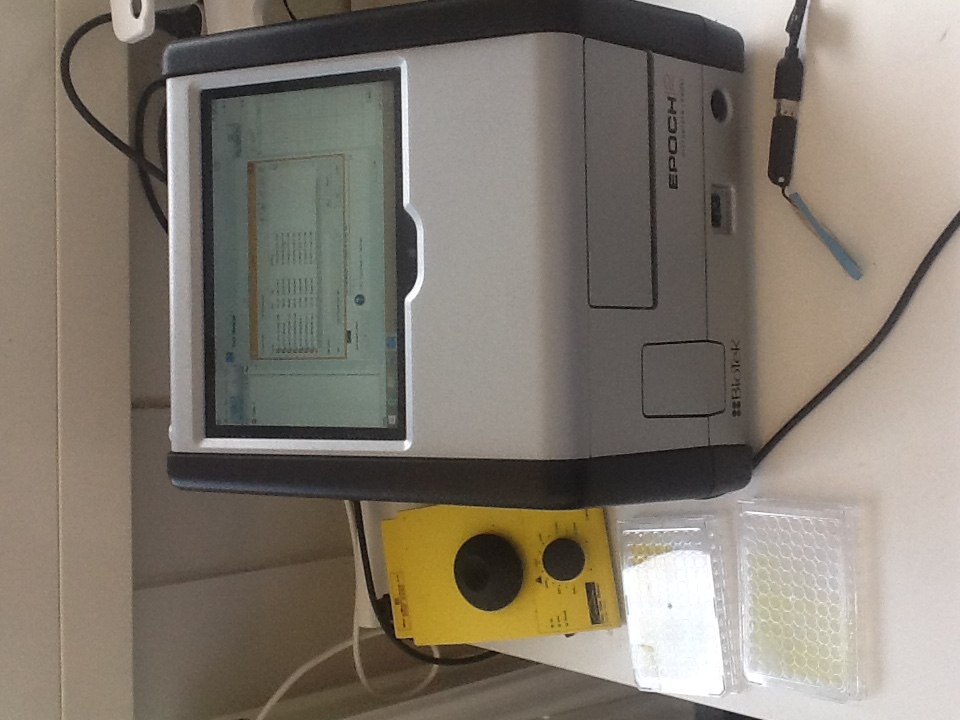 |
 |
We collaborate, share labs and have group meetings with the Pedersen group. We are an international mix of bachelors, masters, phds and post docs.
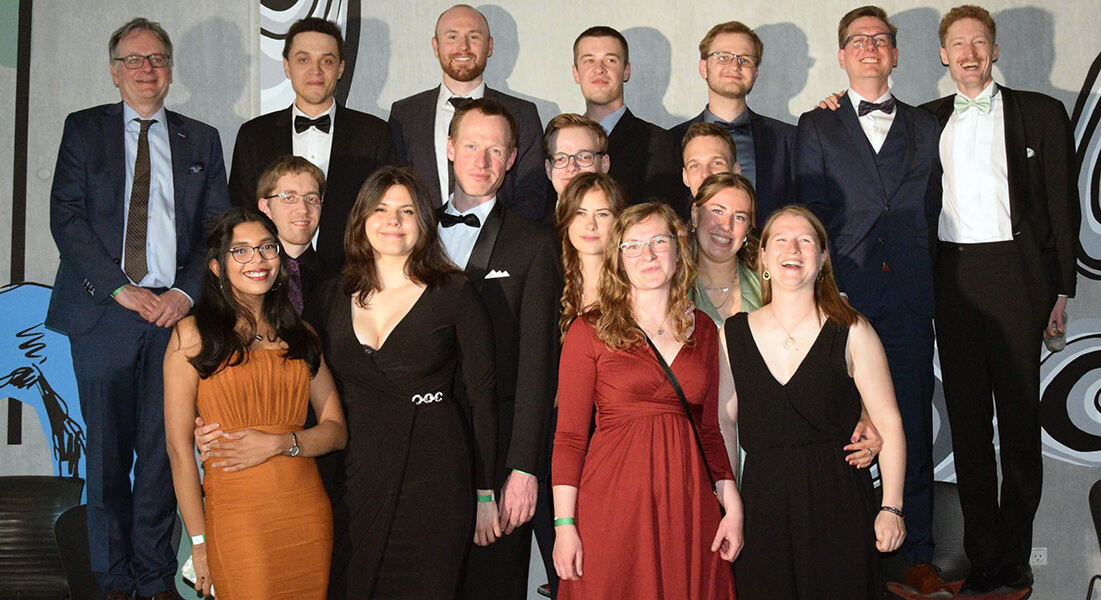
Contact
Mikael Bols
Professor
Office: B520
Phone: +45 3532 0160
MOB: +45 2875 0160
E-mail: bols@chem.ku.dk
